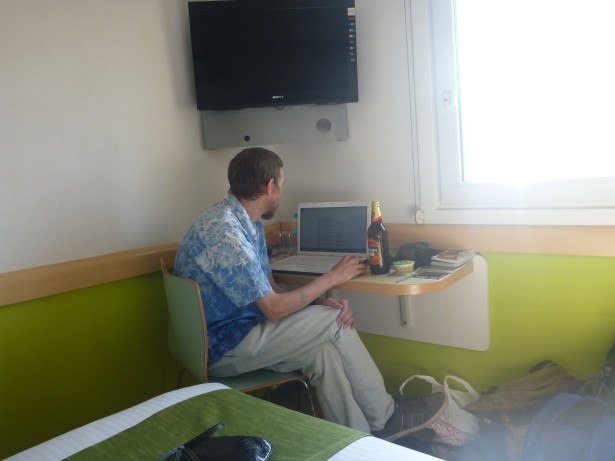Since the beginning of the COVID-19 pandemic, the population of digital nomads has been growing exponentially. People are no longer tied to the traditional office setting. More are realizing that if they can work from home, they can work from anywhere. Pair this with a healthy dose of wanderlust, and you’ve got a recipe for a remote business revolution.
If you’re a business owner or entrepreneur who wants to shift to a remote business model, there’s plenty to consider before taking the leap. Here are some important considerations when running a remote business and embracing the digital nomad lifestyle.
Sending and Receiving Global Payments
One of the benefits of remote work is the ability to assemble a team from anywhere in the world. It also allows entrepreneurs and small operations to compete on a global scale.
However, sending and receiving global payments in varying currencies involves a lot of complexities.
Before you pack your bags and start your remote business, you need to determine how to send money internationally. Fortunately, several apps have international exchange capabilities. Before you decide, consider which one is best for your budget, primary destinations, and needs.
You’ll also need to consider currency exchanges while visiting other areas. Evaluate your banking options and consider moving your accounts to a purely online bank or one within the Global ATM Alliance.
Navigating Time Zone Differences
Another challenge when working with a remote team and living as a digital nomad is the time zone differences you experience as you move around. If you have customers and clients in the Western hemisphere who expect prompt service, it will be hard to deliver if you’re traveling in Asia.
Organizing meetings is also challenging when working with a remote team in various parts of the world. Consider using apps to coordinate meetings with teams and customers in different time zones. It’s also worth having someone who can handle high-priority tasks in the other hemisphere.
Ensuring Internet Access
Getting reliable internet access is a challenge in some parts of the world. Before you set up shop in any location, it’s essential to research the internet quality in that region.
If you plan on traveling to parts of the world with poor internet access, invest in a portable satellite WiFi device like the Skyroam. The Skyroam is a mobile hotspot that offers both daily internet packages as well as monthly subscriptions to suit your needs.
Cloud Data-Sharing and Cybersecurity
Cloud technology and data-sharing is the driving force of operating a remote business. Programs like Dropbox and Google Workspace make it possible to update documents in real time and share data with the click of a button from anywhere in the world.
Unfortunately, cloud data-sharing can also put your business at risk when you log into public WiFi. Consider putting proper security measures in place, like a VPN, when operating your business remotely.
Organization and Time Management
With the technical considerations out of the way, the next thing to contemplate is how you’ll stay organized and manage your time. Many digital nomads struggle with finding their balance between experiencing the place they’re visiting while getting work done.
You may have visions of working from the beach, but that dream isn’t always conducive to productivity. Consider how you’ll outline your time, and schedule unplugged periods to explore and enjoy your temporary home.
When it comes to organization, going paperless is essential. If you require physical copies of documents or product samples, you need to consider how you’ll travel with those items.
Team Leadership and Engagement
Finally, managing a team can be challenging in a remote setting, as many business owners and managers learned in 2020. Develop a plan for team engagement, and prioritize staying in touch and modeling your expectations as a leader.
By outlining these considerations and formulating a well-planned strategy, you can operate your business remotely and embrace the post-COVID digital age.

